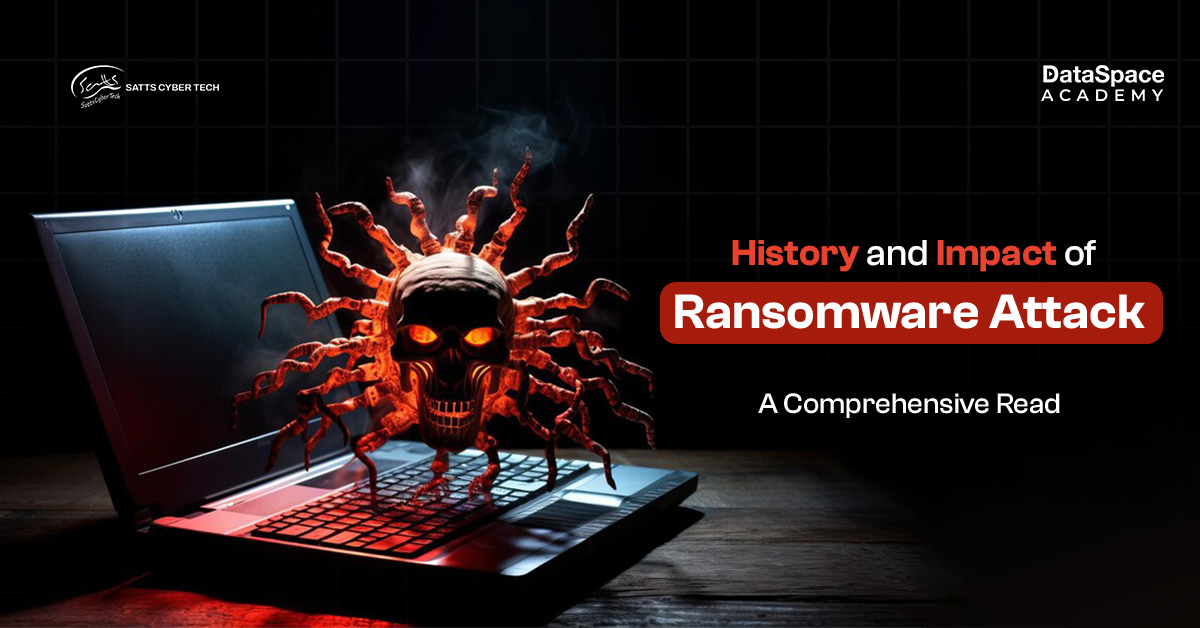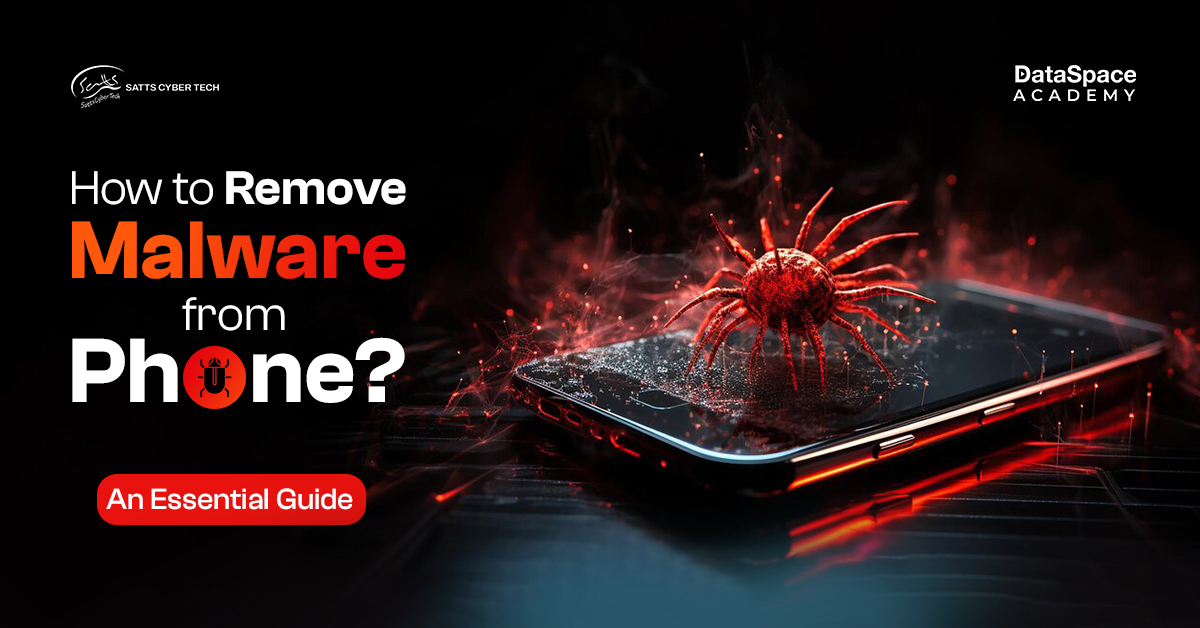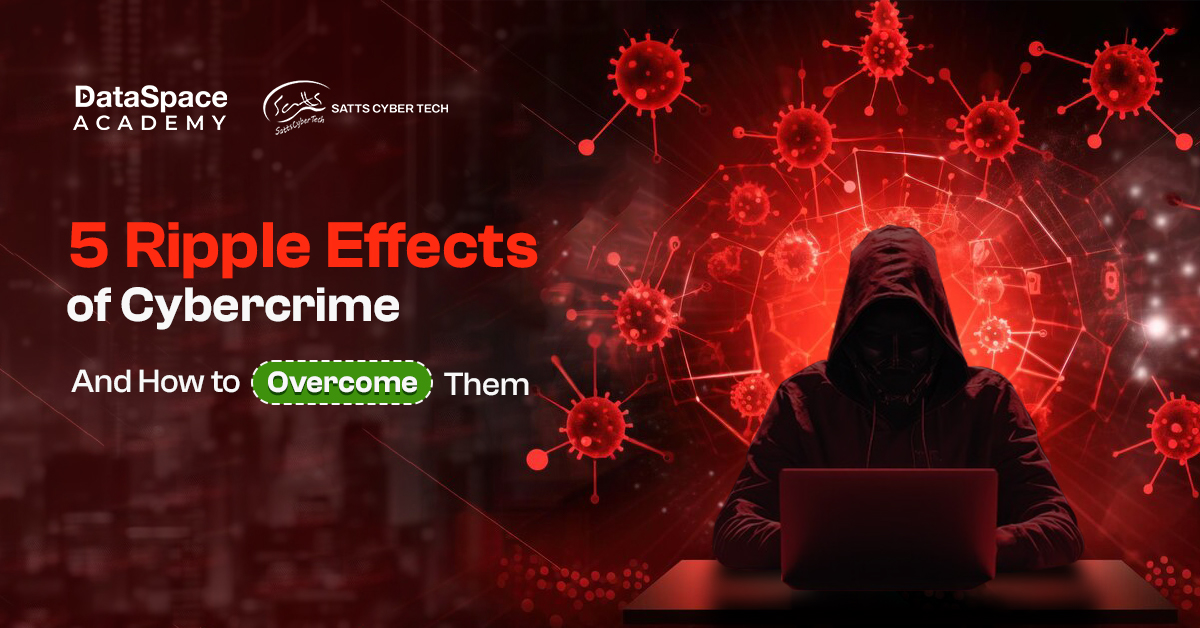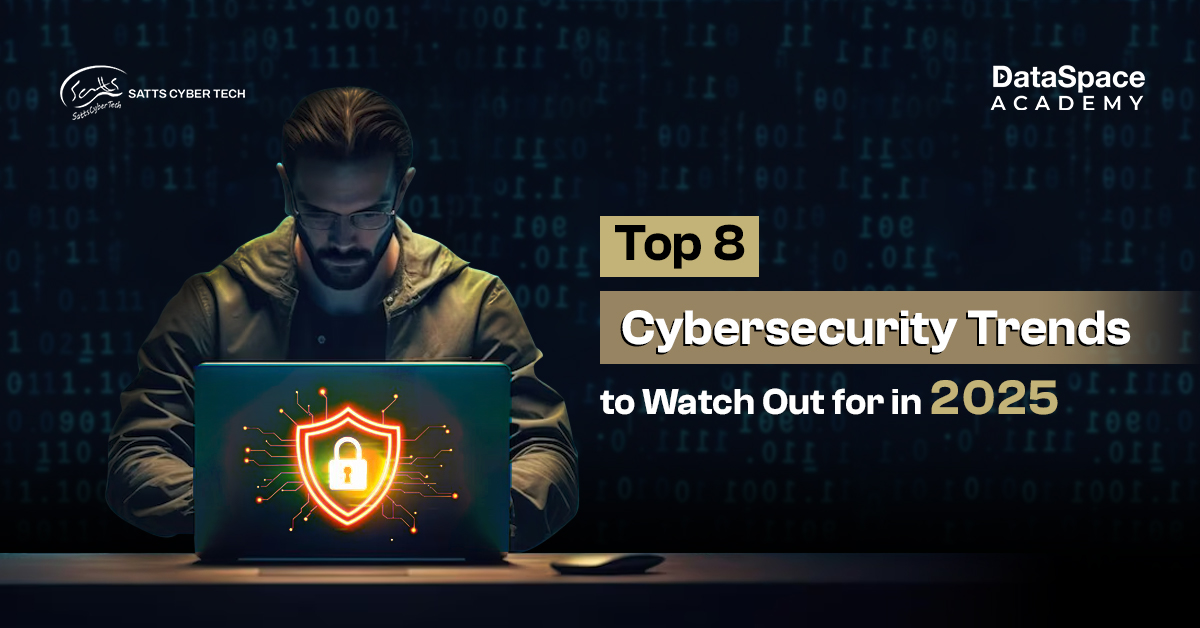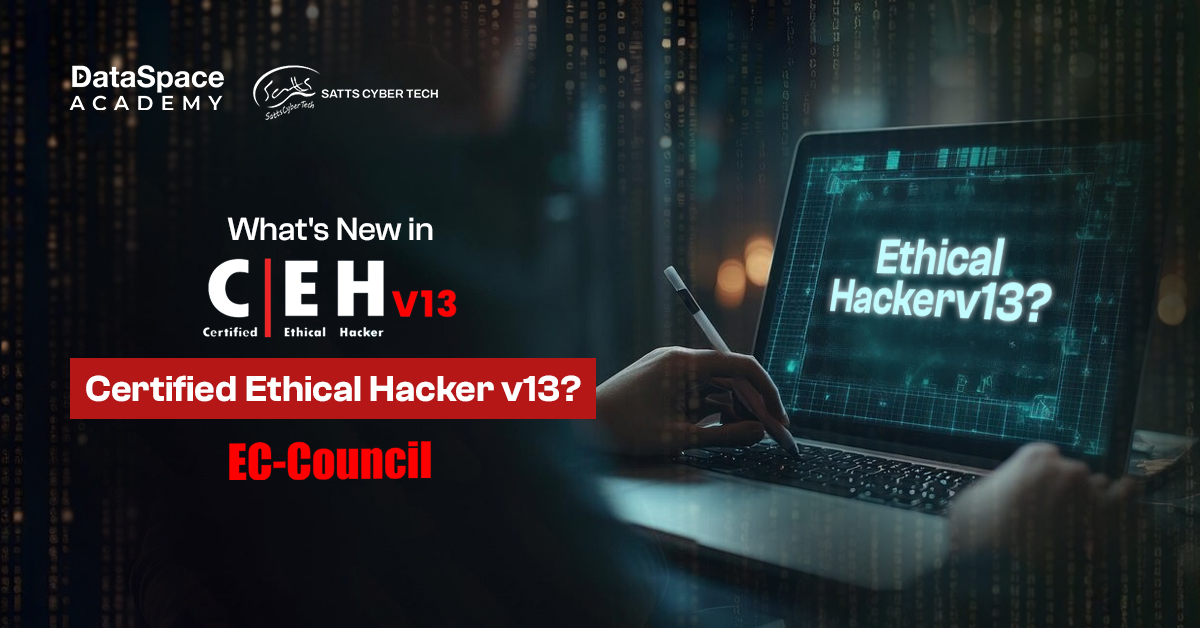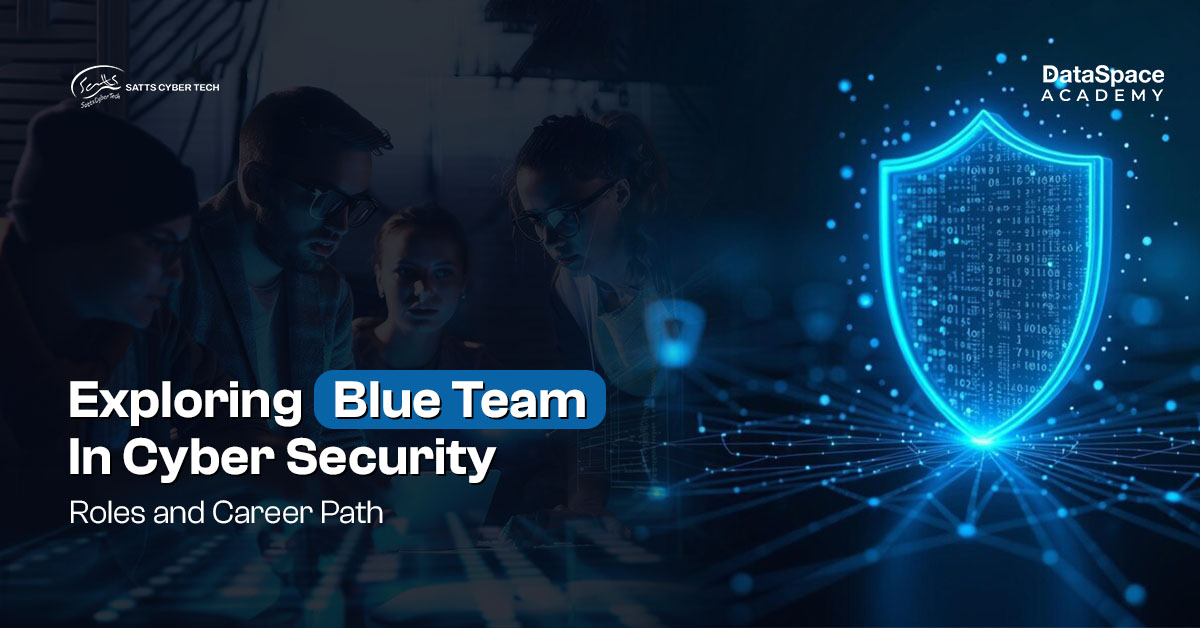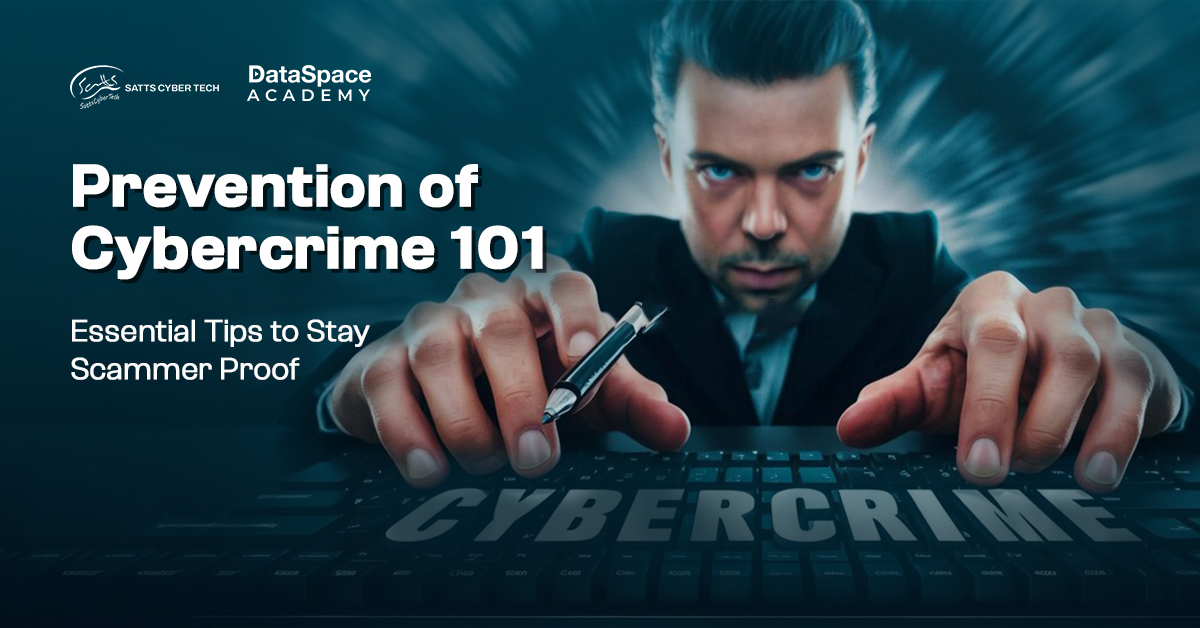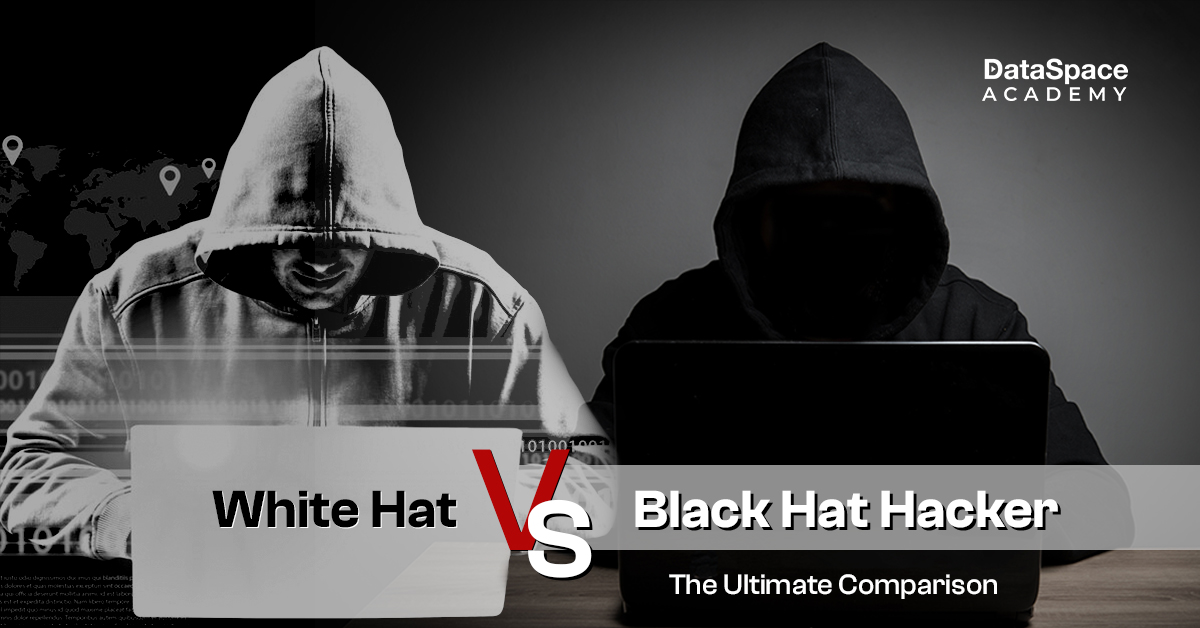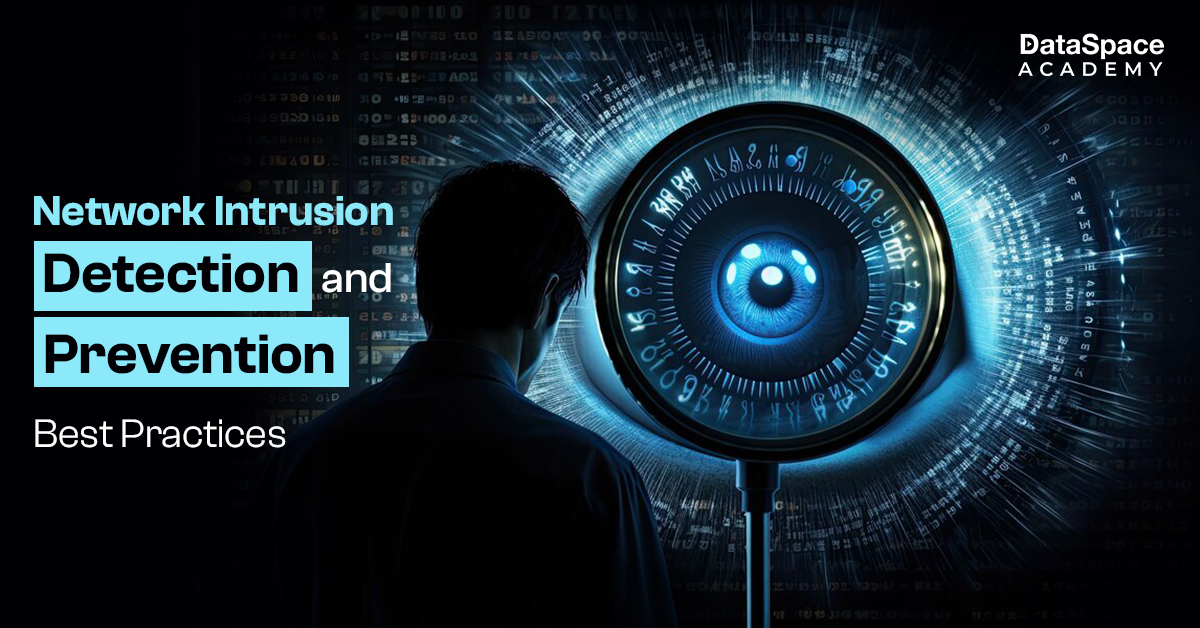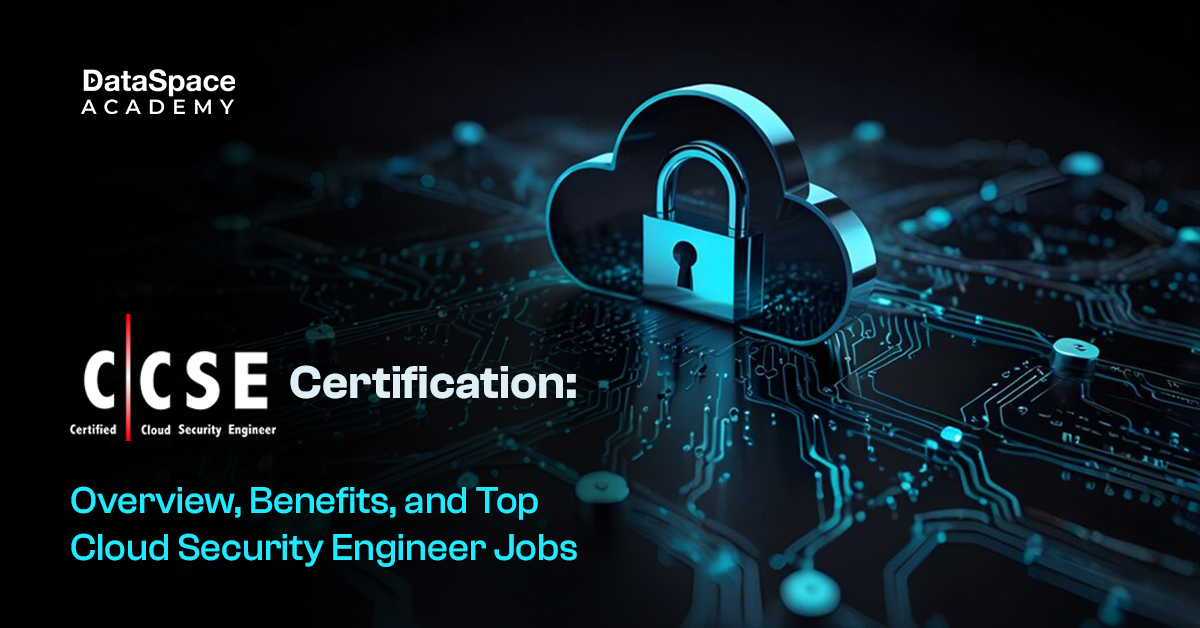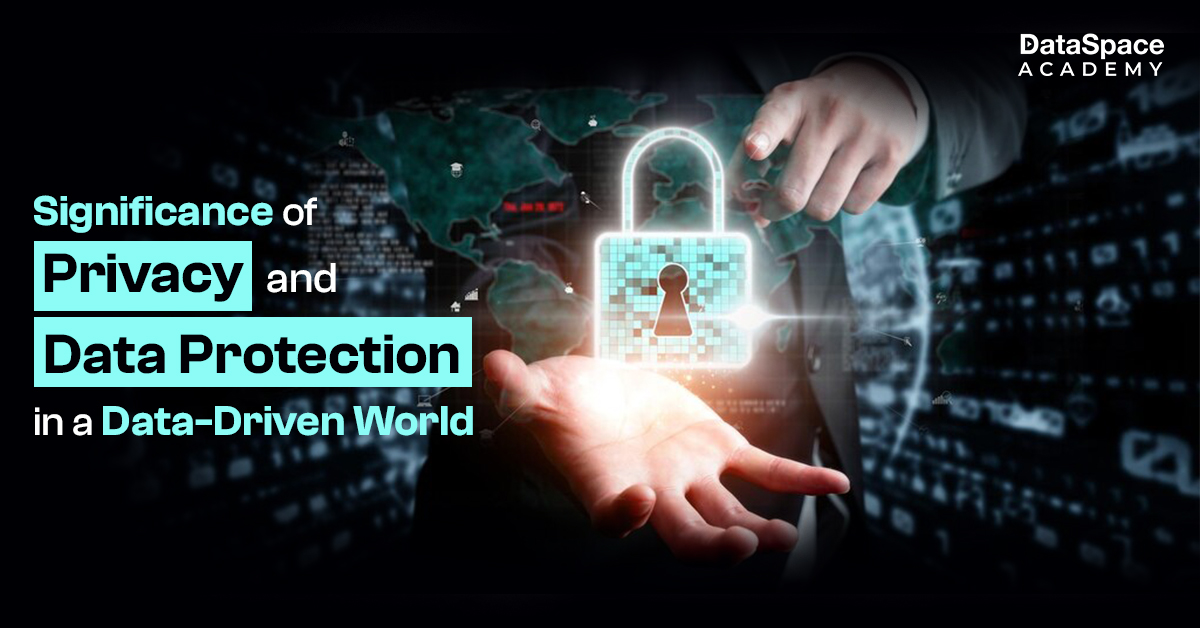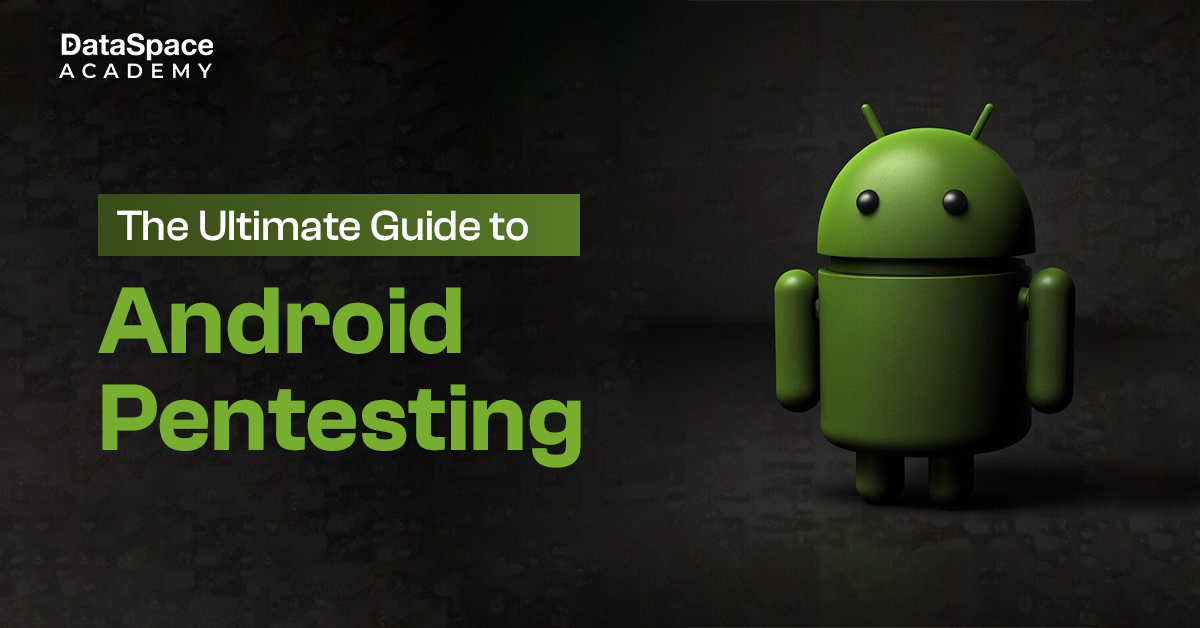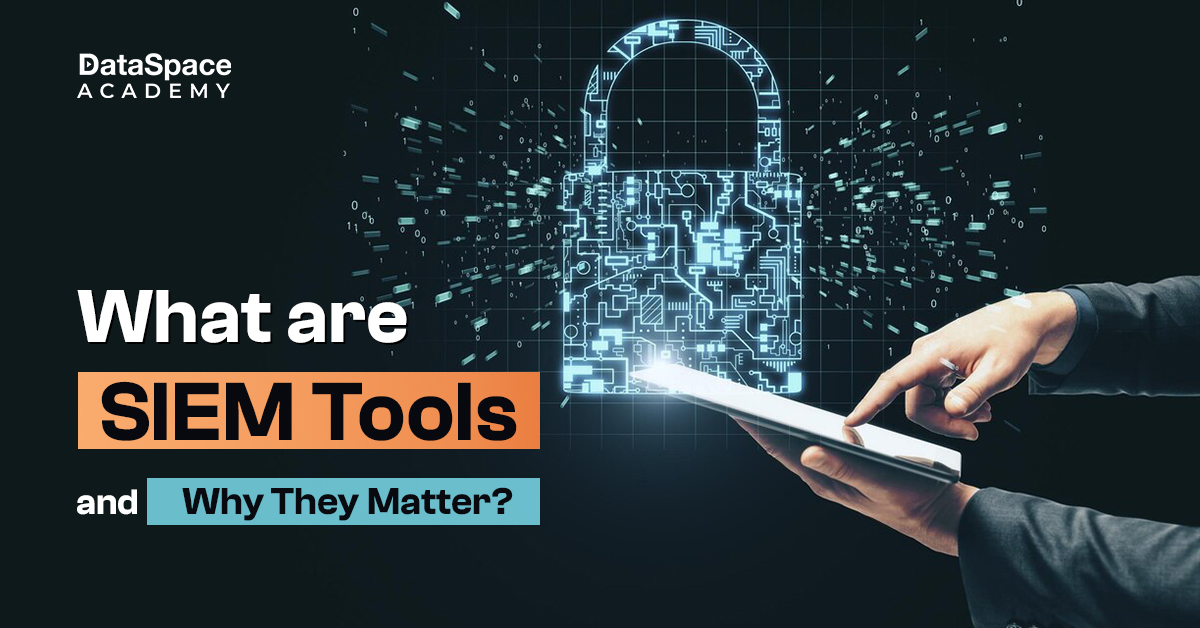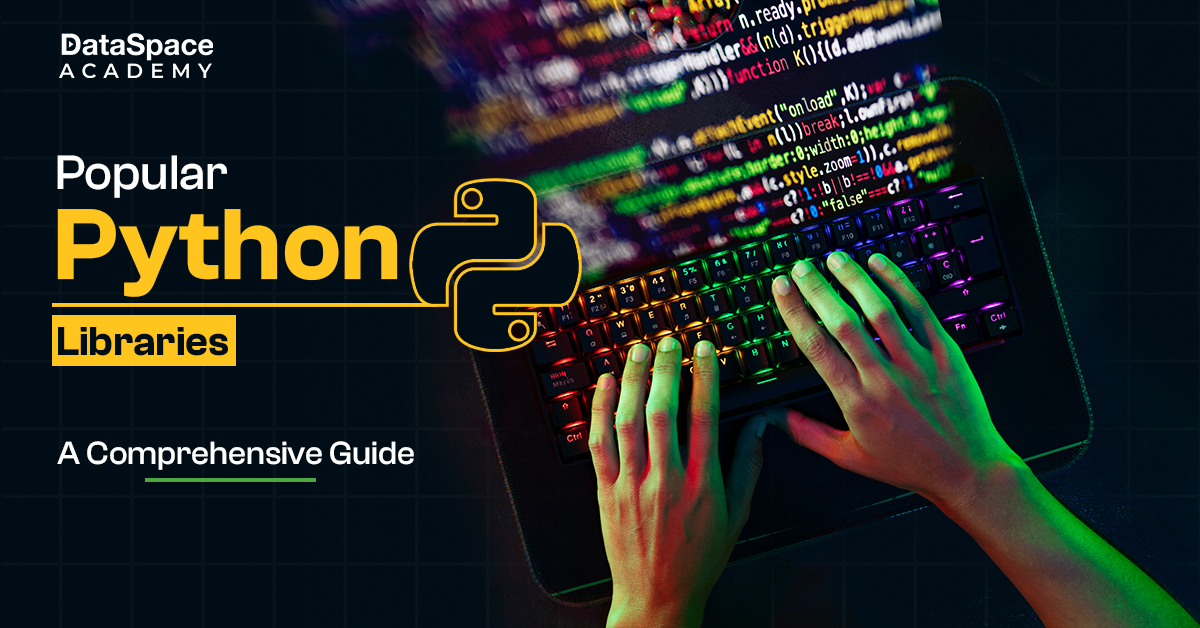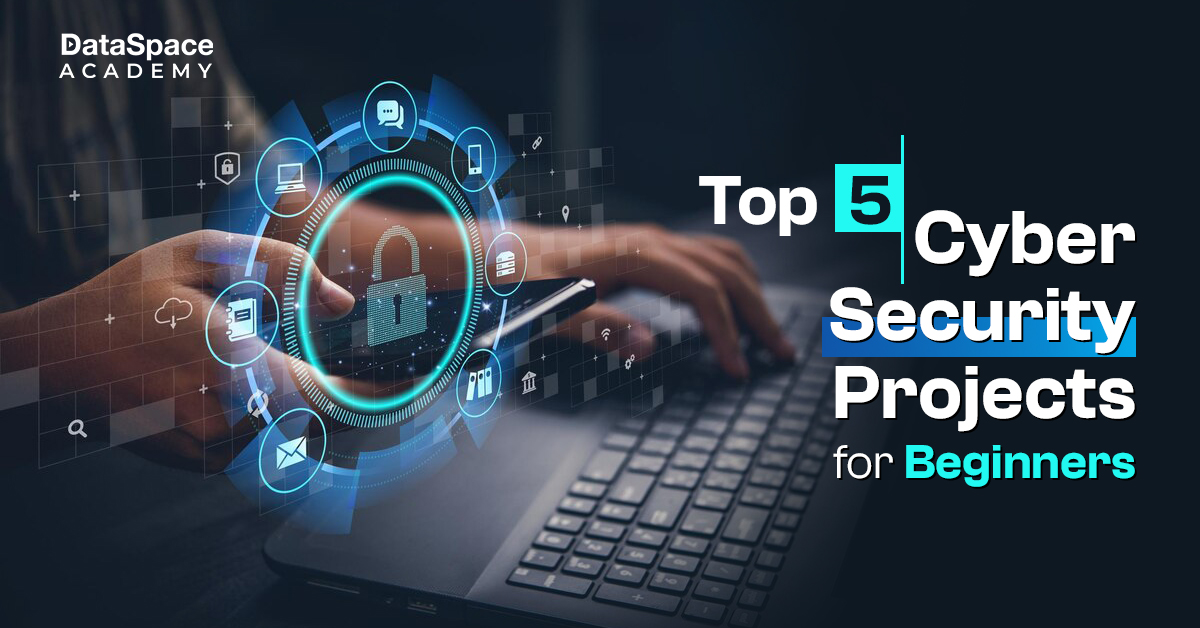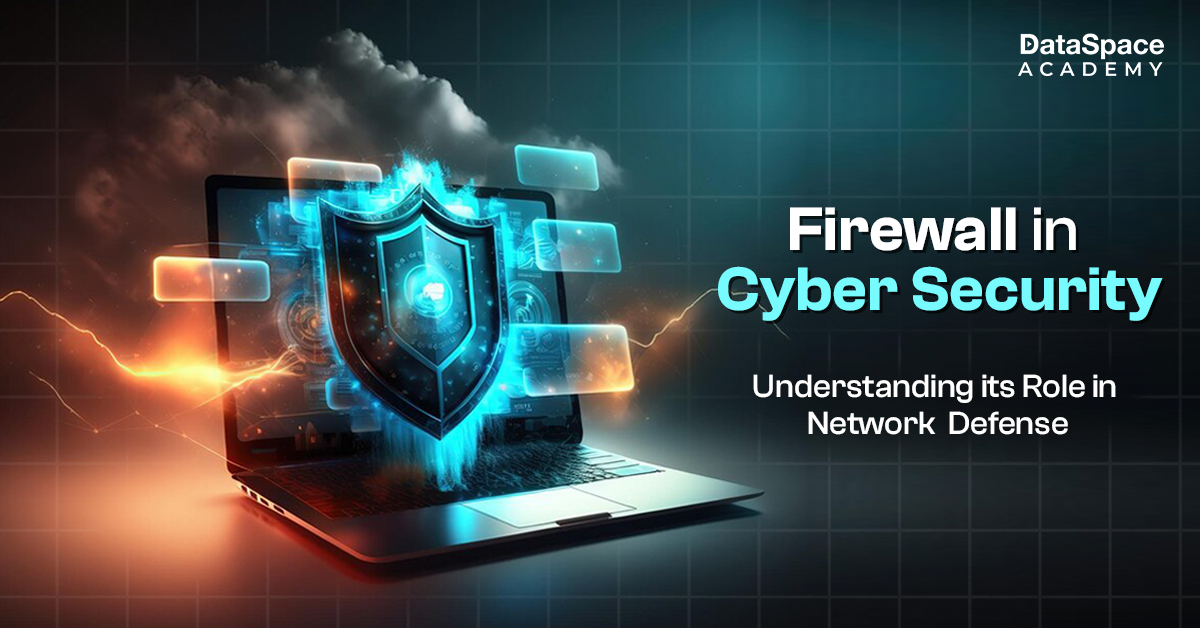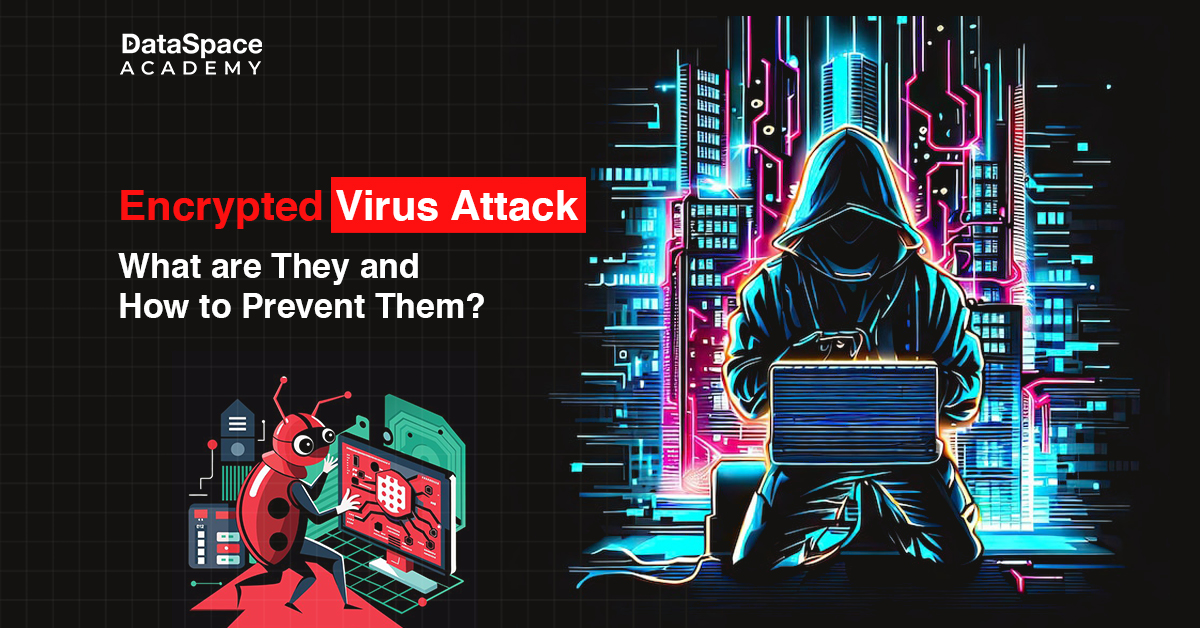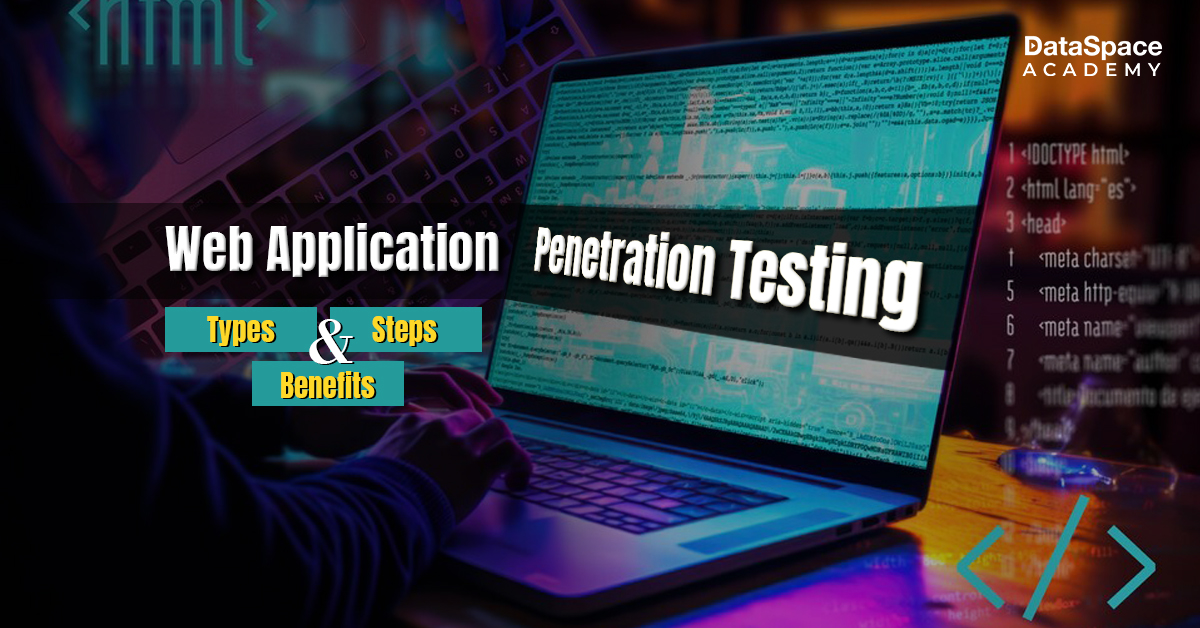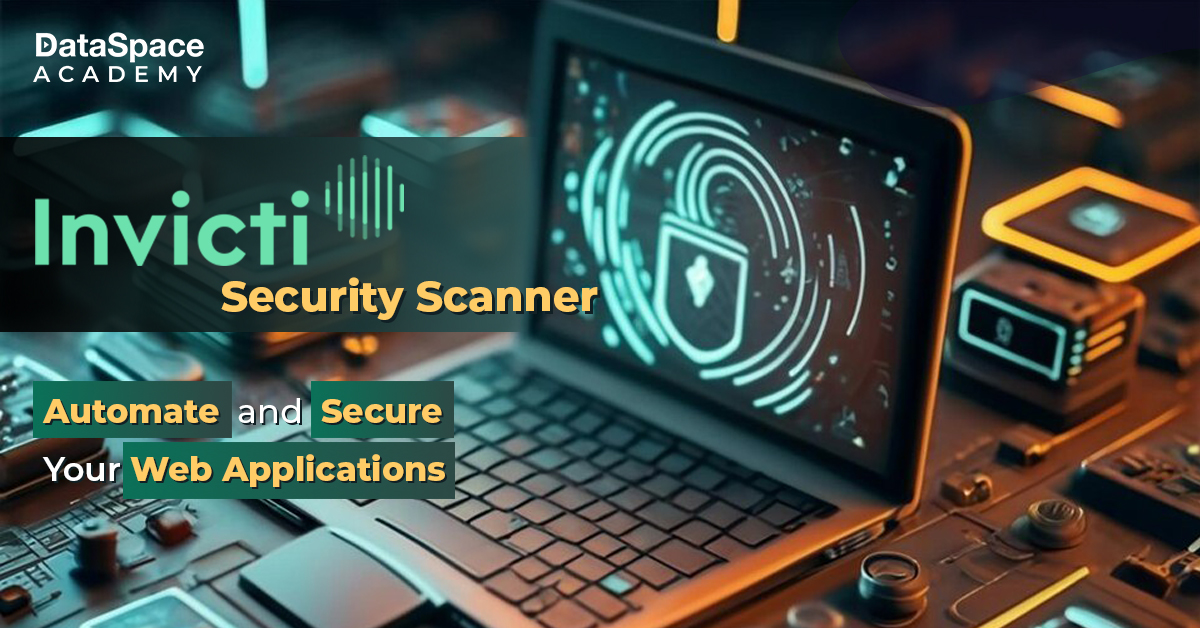Know how a course in cyber forensics accelerate your career
Last Updated : 02 Nov, 2021
 28.49K
28.49K

Know how a course in cyber forensics accelerate your career
Table of Contents
Students who wish to learn how to secure operating systems, networks, and data on a computer should take cyber forensics courses. Due to the rise in the number of internet users in India and the increased frequency of online attacks in recent years, cyber forensics courses are in high demand.
In India, cyber forensics courses are offered at several academic levels, including certificate, undergraduate, and postgraduate. BTech in cyber forensics, BSc in cyber forensics, Diploma in cyber forensics, MTech in cyber forensics, and others are some of the most popular Cybersecurity Courses After 12th.
cyber forensics Certifications, in addition to these courses, are accessible on a variety of platforms, such as DataSpace Academy. The cyber forensics course syllabus is ideal to become a professional.
For undergraduate and postgraduate cyber forensics courses, you must achieve a minimum aggregate of 50% in classes 10, 12, or graduation, however, there are no fixed eligibility criteria for cyber forensics Online Courses. Basic cyber forensics principles are covered in online courses, whereas undergraduate and postgraduate cyber forensics courses cover topics such as network security, cyberspace regulations, safeguarding web applications, and more.
Courses on cyber forensics
- Students will gain a full understanding of the process of securing computers, servers, mobile devices, digital systems, networks, and data/facilities against hostile intrusions in cyber forensics courses.
- Information technology security, also known as data generation security and digital data security, is also covered in cyber forensics courses.
- Candidates’ capacity to assure the protection of a user’s private and reliable information or data online improves after taking a cyber forensics course.
- cyber forensics courses prepare students for a variety of careers in the field of information technology (IT), which falls under the umbrella of computer science.
- If you take a cyber forensics course, you will have a thorough understanding and training in securing computer operating systems (OS), networks, and data records from cyber attacks.
Courses on cyber forensics Fundamentals
We may define the term cyber forensics Courses as the security and protection of computer systems and digital technology networks in order to prevent any form of hardware or software theft or harmful attacks.
The following are the principles of cyber forensics Courses:
- Confidentiality: The goal of confidentiality is to prevent data from being shared with people who aren’t supposed to know. It also requires safeguarding the identities of those who are authorized to share data, as well as data confidentiality and anonymity.
- Integrity: It requires stopping unauthorized parties from tampering with information in a verified and approved manner. By turning computers into “zombie computers” and putting malware onto online pages, integrity might be threatened.
- Availability: When information is available, it assures that authorized parties may access it when they need it. People will be able to obtain it at the appropriate moment. Data can be rendered inaccessible due to security issues such as DDOS assaults, hardware failures, code faults, and human errors.
cyber forensics course eligibility
Eligibility Criteria for Undergraduate cyber forensics Courses
The following are the qualifying requirements for admission to cyber forensics programs such as BTech/ BE/ BSc:
- Candidates must have received a 10+2 diploma from a recognized educational institution.
- Candidates must have a minimum aggregate score of 50% in their 10+2 with PCM as a compulsory subject.
- Admissions to BSc in cyber forensics colleges are made on the basis of merit.
- Some universities provide merit-based admissions to BTech cyber forensics programs, whereas the majority of universities shortlist applicants based on their entrance test scores, such as JEE MAINS, BITSAT, AP EXAMCET, and others.
Eligibility Criteria for PG cyber forensics Courses
The following are the qualifying requirements for admission to PG cyber forensics programs such as MTech/ ME/ MSc:
- A candidate must have a bachelor’s degree in BTech, BE, BSc, or any other relevant field.
- Candidates for admission to the MSc cyber forensics program must have received a minimum of 50% in their BSc or other relevant subject from a recognised university.
- Candidates must have obtained a minimum of 50% in BTech/ BE courses in a relevant discipline during their graduation years in order to be admitted to Top Colleges that offer the MTech cyber forensics degree.
- Some colleges choose students for MTech cyber forensics programs solely on merit, while others shortlist candidates based on performance in admission tests such as GATE, UPSEE, TANCET, and others.
Cybersecurity Courses’ Scope
The following is a detailed description of the employment opportunities available after completing cyber forensics courses such as BTech, Diploma, MTech, MSc, and others:
Students might pursue higher education opportunities in the same field after completing a BTech in cyber forensics to acquire an advantage and better compensation packages. MTech cyber forensics, MTech Information Security, MTech in Computer Networks and Information Security, and MTech CSE are the most common postgraduate degrees for BTech cyber forensics graduates. One can also get a computer forensics certification online.
The majority of post-graduates seeking jobs in the government, public, and private sectors after finishing an MTech cyber forensics degree. After clearing the UGC-NET and JRF exams, some of them choose to pursue lectureships or junior research fellowships.
Whether it’s a government agency or a private corporation, practically every institution seeks the advice of a cyber lawyer. Following your Diploma in Cyber Legal, you have various alternatives, not just in courtrooms or law firms, but also in pursuing a Postgraduate Diploma in Cyber Law.
As an ethical hacker, penetration tester, cryptography specialist, security software developer, or cyber legal support professional, you have a variety of options.
Share on facebook
Facebook
Share on twitter
Twitter
Share on linkedin
LinkedIn
 28.49K
28.49K
